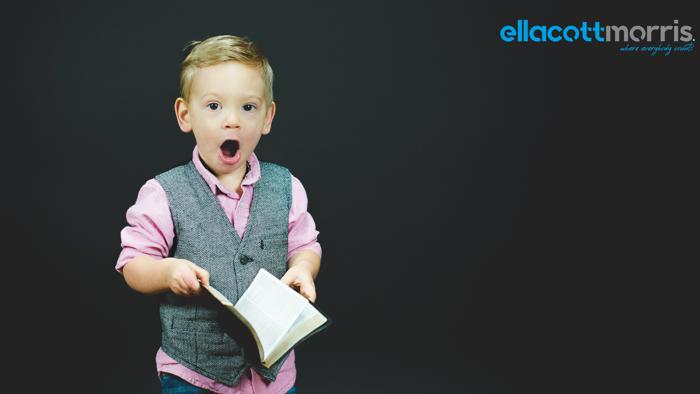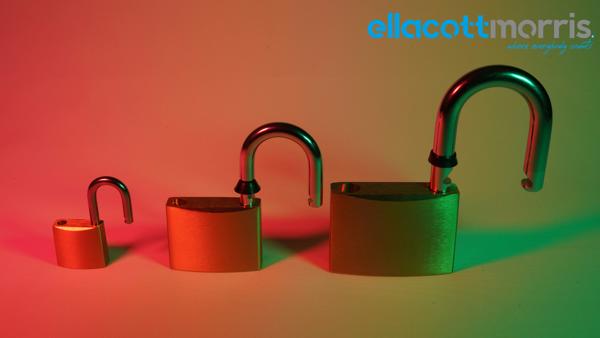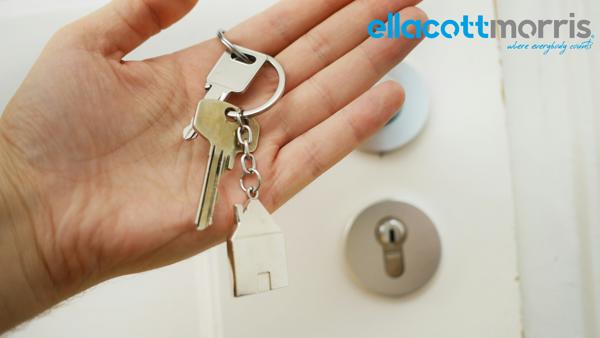
Changes to High Income Child Benefit
At Ellacott Morris we like to keep everyone up to date with any changes that could affect our clients. The changes to the High Income Child Benefit Charge (HICBC) that are due to come into force in April 2024 will impact a lot of people…
The HICBC was initially introduced in January 2013. It was devised as a tax charge for recipients of Child Benefit payments, or their partners, who were earning a net income of £50,000 / year or more, but as of 6th April 2024 this threshold is set to increase…
The current tax charge increases gradually for those with income between £50,000 and £60,000. It is equal to one per cent of a family’s Child Benefit for every £100 of income that exceeds £50,000 in the tax year. Where income is £60,000 or higher the tax charge is equal to the total Child Benefit award.
As of 6th April 2024, HMRC will be increasing the HICBC threshold to £60,000. After this date individuals with income between £60,000 and £80,000, will be subject to a rate that is equal to one per cent for every £200 of income that is more than £60,000. For individuals with income above £80,000, the amount of the tax charge will equal the amount of the Child Benefit payment.
This increase has been implemented to further aid the government’s objective of supporting more parents with the costs of raising a child, especially considering our current cost of living crisis.
Increasing the HICBC threshold from £50,000 / year to £60,000 / year will ensure the charge continues to extract Child Benefit from high-income families. Whilst gradually withdrawing Child Benefit from individuals who have an adjusted net income exceeding £60,000, and by fully withdrawing Child Benefit from individuals who have an adjusted net income of £80,000 or more, it will do so without unfairly taxing those on middle incomes.
The idea behind halving the rate at which HICBC withdraws the Child Benefit gain, is to encourage people to continue working or take up more work hours, rather than declining additional earnings due to the tax charges that would be applied.
Two options will be available to families… One option is to claim Child Benefit and receive payments, paying any HICBC due at the end of each tax year through the Self Assessment system. Alternatively, families can choose to ‘claim’ Child Benefit but decide not to receive payments, and therefore not have to pay HICBC. This is classified as ‘opting out’. However, it’s important to be aware that any tax owed for each tax year up to the date they or their partner opt out of receiving Child Benefit payments must still be paid!
As always, the team here at Ellacott Morris is able to provide advice and guidance regarding your individual circumstances, helping you make the right decisions and pay the correct amount of tax. Get in touch to find out more… We’re a friendly bunch and love nothing more than talking tax!






